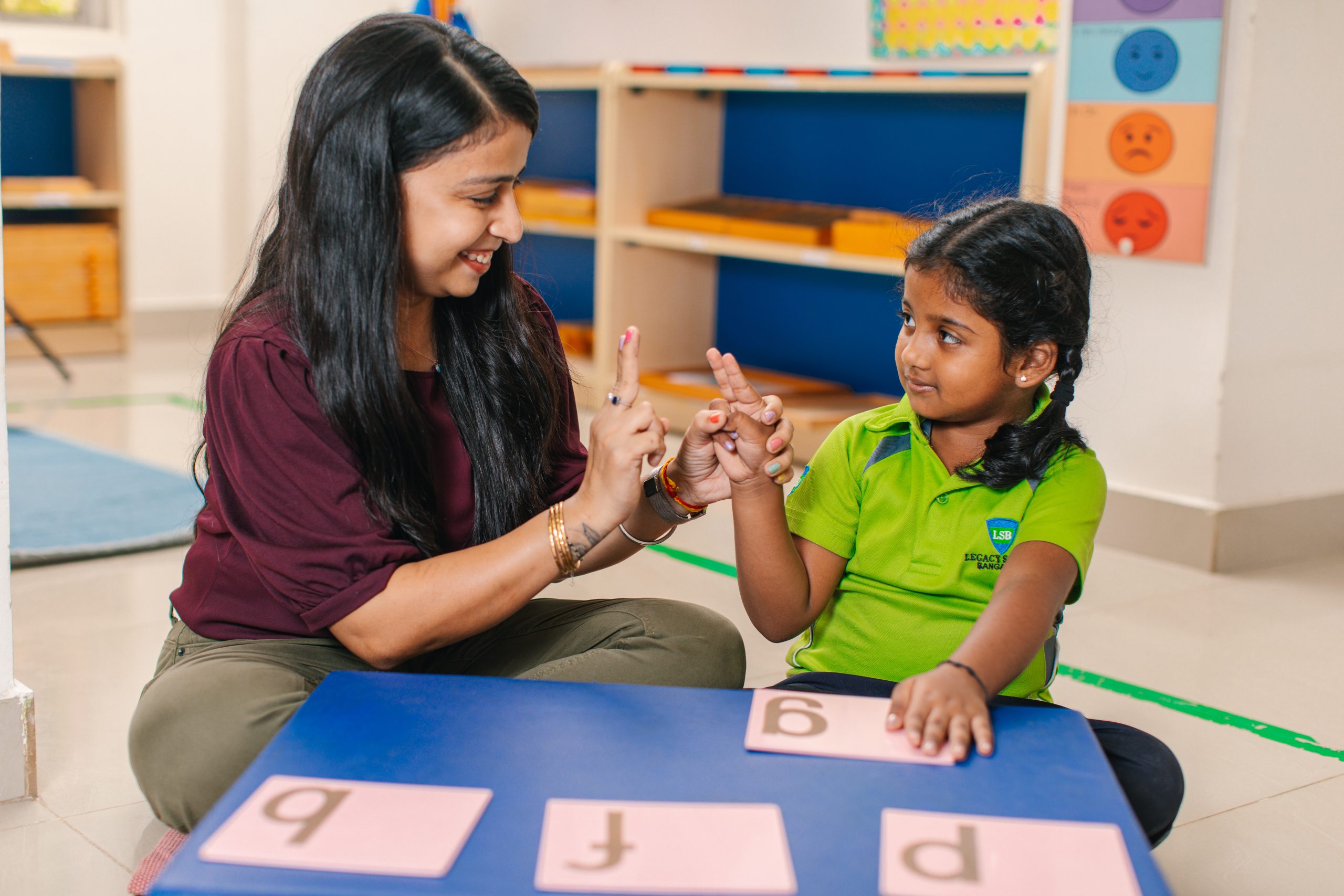Early childhood education is a critical stage in a child’s life, laying the groundwork for lifelong learning, social skills, and emotional health. For many, early education is perceived as either focused on play or as preparatory learning for primary school. Yet, it’s far more influential. During this period, children build essential cognitive and social foundations that help shape their resilience, adaptability, and curiosity.
Why Early Childhood Education Is Crucial
The early years, when brain development is at its peak, are vital for building essential skills, behaviours and ways of thinking. High quality early childhood development programmes have long-term benefits, from higher academic performance to improved social outcomes, motivation and wellbeing. Children exposed to strong early learning foundations are more equipped to tackle complex concepts, communicate effectively, and manage emotions—all of which prepare them for primary school and beyond.
Foundations of Early Learning
Early learning foundations focus on integrated core areas:
- Literacy and Language: Exposure to storytelling, reading, and conversations helps children develop vocabulary, comprehension, and communication skills, laying the groundwork for literacy and self-expression.
- Numeracy and Logical Thinking: Introducing basic maths through games and everyday interactions helps children understand patterns, numbers, and problem-solving, critical for future learning.
- Social-Emotional Skills: Learning to identify emotions, build friendships, and handle conflicts is essential for social interactions and personal well-being.
- Physical Skills: Activities that build fine and gross motor skills, like drawing or balancing, support physical development and are foundational to tasks like writing and focusing.
The Montessori Approach to Early Childhood Development
Montessori schools in Hennur, especially in early years, prioritise child-led, hands-on learning. Children explore freely within a structured environment, cultivating independence, curiosity, and responsibility. The Montessori approach nurtures intrinsic motivation and respect for a child’s pace, making it particularly effective for early learning foundations. Practical life skills, such as tidying and self-care, further foster confidence and autonomy.
Building a Foundation for Lifelong Learning
Good early childhood development does more than prepare children for school; it builds skills and values that shape their character. Children who feel capable, valued, and independent are more likely to tackle challenges confidently and embrace lifelong learning.
How Legacy School Integrates These Principles
As one of the leading Montessori schools in Hennur, Legacy School integrates Montessori principles with the Cambridge framework to create a holistic early childhood development experience. Our programme emphasises early learning foundations in literacy, numeracy, and social-emotional growth, blending Montessori’s hands-on, self-directed approach with Cambridge’s academic rigour. Legacy School’s early years programme prepares children not just for school but for a lifelong journey of growth and discovery, providing a strong foundation for academic and personal success.


